When it comes to our liver, it really wears a lot of hats. Most commonly recognized for its important roles as part of our digestive system, this mighty organ is actually responsible for over 500 vital functions, all necessary for our overall health. Let’s review some of these roles to really appreciate this superhero organ.
What does the liver do?
The liver has many functions in the body. Some of its most notable roles include:
- Filtering everything that we consume—whether it’s food or toxins
- Detoxifying our blood so the toxins can leave through the urine or stool
- Storing fat-soluble nutrients like vitamins A, D, E, and K, as well as B12
- Releasing those nutrients into the blood when needed
- Producing bile, which breaks down fats during the digestion process
- Converting excess glucose into glycogen, which is kept in storage until needed to regulate blood sugar levels
- Processing hemoglobin in order to use up its iron content
- Breaking down damaged blood cells
- Regulating blood clotting by releasing necessary plasma proteins
And there are still hundreds more that this 3-pound organ is responsible for. Talk about a powerhouse! Keeping the liver healthy so it can in turn keep us healthy is a win-win situation.
What contributes to an unhealthy liver?
There are a few key factors that can adversely affect the health of your liver. And if you have a history of liver disease in your family, it can make you more susceptible to health issues. While genetics are out of your control, it doesn’t hurt to avoid certain habits that can impact this important organ.
Toxins
Your liver does a great job detoxifying your body. However, we do want to avoid overburdening the liver by limiting our exposure to toxins in the first place. Examples include chemicals in everyday household cleaning supplies, recreational drugs, pharmaceutical medications, and pesticides found on produce.
Alcohol
While your liver is responsible for processing alcohol, it’s important to avoid overexerting this hard-working organ. Excessive alcohol consumption—whether on a weekly basis or in the form of binge drinking, can be harmful to your liver and could lead to fatty liver, liver inflammation, or even cirrhosis in the long term. It is best to limit alcohol consumption and avoid overburdening the liver that is responsible for detoxifying it out of your blood.
Diet
While alcohol is one main cause of a fatty liver, there is also nonalcoholic fatty liver disease (NAFLD). This is caused by a build-up of fat in the liver, stemming from a diet full of sugar and saturated fats. Those with preexisting health conditions like diabetes, obesity, or high cholesterol should keep healthy dietary habits in mind to avoid issues with their liver based on food choices.
How can we support the liver?
Since our liver is responsible for so many important functions, it’s not only about how to not overburden it. There are also things we can do to support it. Detoxification is one of the liver’s primary roles—ushering toxins out by way of urine or stool. We can be great sidekicks to our superhero liver by making lifestyle and diet changes to support this process.
Lifestyle
Exercise: Nonalcoholic fatty liver disease (NAFLD) is more prevalent in those who have preexisting health conditions like obesity. It’s important to maintain a healthy weight to reduce liver fat. Exercising regularly can make a big difference in this regard. What you do isn’t as important – find an activity you like doing, and try to make it a regular habit. Going for a walk is a great starting point!
Limit exposure to toxins: Toxins can be everywhere—from household items to the foods we eat. Be mindful of products you bring into your home and make sure to wash produce very well or buy organic if that’s within your budget. Swapping non-stick pans with ceramic-coated cookware and limiting canned foods are also helpful ways to reduce per and polyfluorinated substances (PFAS), chemicals that can build up in the liver.
Read directions carefully: Prescription medication or even herbal supplements can be damaging to your liver when too much is taken. Make sure to read dosage amounts carefully and not exceed the recommended amount to ensure they do not adversely affect your liver.
Diet
Healthy foods: Eating a balanced diet packed with whole foods not only supports the maintenance of a healthy weight, but also a healthy liver. Fresh fruits and vegetables are high in antioxidants and fibre, which support liver health. For this reason, a Mediterranean-style diet high in whole grains, vegetables, fruit, and fish has been recommended not only for liver health, but overall health. Ginger and turmeric intake has also been studied to show a reduction in fat accumulation in the liver. Limiting the consumption of foods high in saturated fat and processed sugar is also very helpful, as they can increase the production of fat in the liver.
Consume alcohol responsibly: Processing alcohol is a heavy burden on the liver and can damage liver cells and even scar your liver. Moderation is always key!
Stay hydrated: Dehydration can affect the liver’s ability to detoxify our bodies, as toxins will build up when we are not consuming enough water. Making sure to stay hydrated is a great way to support the liver.
Extra liver support
In addition to adopting liver-friendly lifestyle habits and diet changes, what supplements can you take to support this powerful player?
Milk thistle: Many studies are singing the praises of milk thistle as a herbal remedy that supports the liver. The studies focus on an antioxidant found in this herb called silymarin, which can help protect the liver from toxins and even help the liver repair itself by way of growing new cells. Our Milk Thistle Liposomal uses a patented delivery system that swiftly and safely transports active nutrients direct-to cell. Plus, since it has a delicious Coconut Caramel flavour, supporting your liver never tasted so good! Learn more about liposomal technology that gives nutrient delivery a boost here. We also have a 15-day detox formula, Detox-Pro, featuring milk thistle and other critical nutrients to help support liver function and optimize detoxification pathways.
Now that we know more about this hero of our body, let’s make sure to support the liver in any way we can!
Sources:
‘Forever chemicals’ in household items linked to liver damage
Food and Nutrition in the Pathogenesis of Liver Damage
Liver: Anatomy and Functions
Milk Thistle
Liver Disease Diets
13 Ways to a Healthy Liver
5 Reasons You May Be at Risk for Liver Disease
What Does the Liver Do, and How Do I Keep Mine Healthy?
You may never stop to think about it, but your liver is essential to your life.
Fruit Fiber Consumption Specifically Improves Liver Health Status in Obese Subjects under Energy Restriction


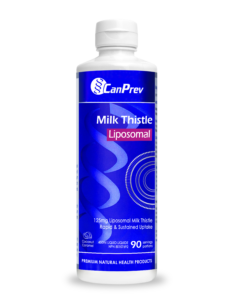
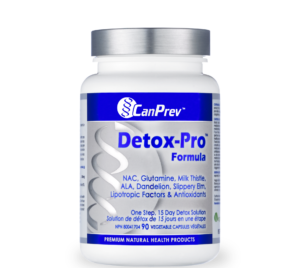
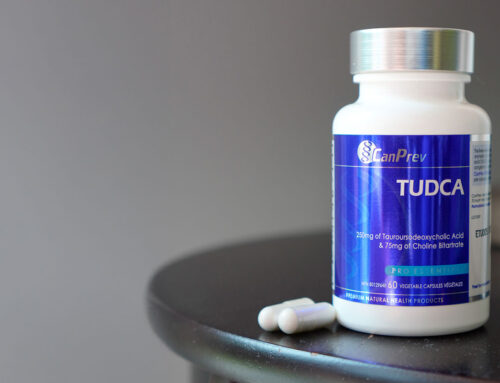

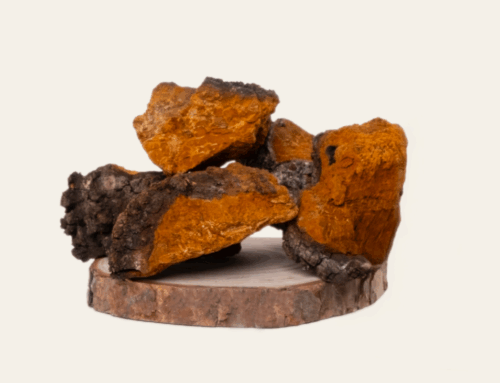

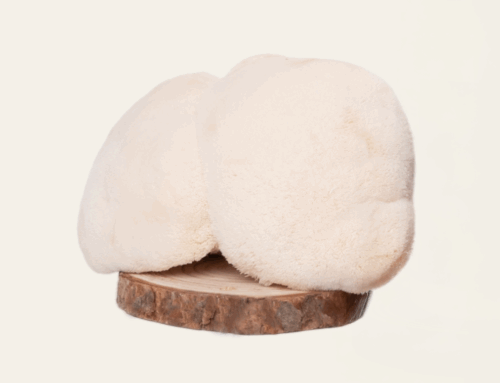

Leave A Comment